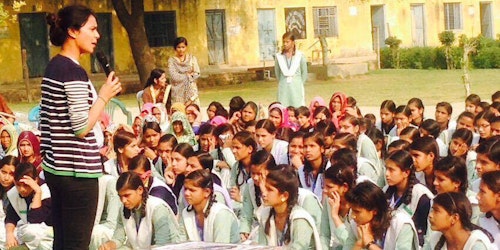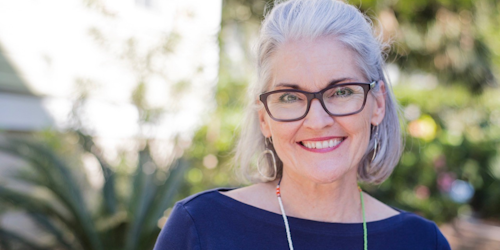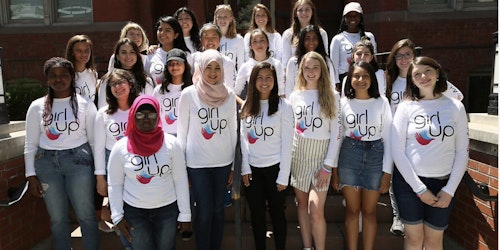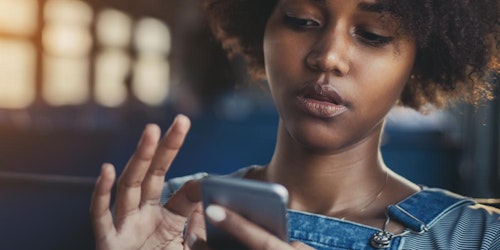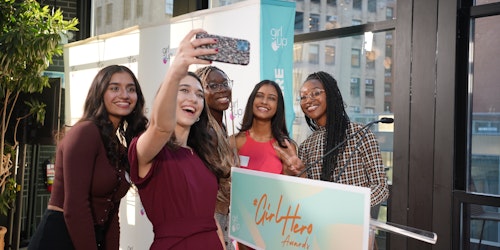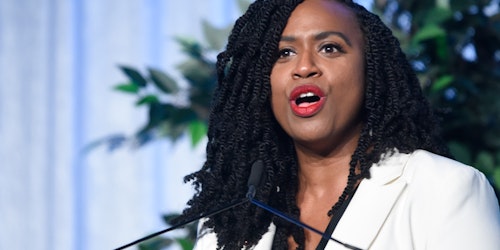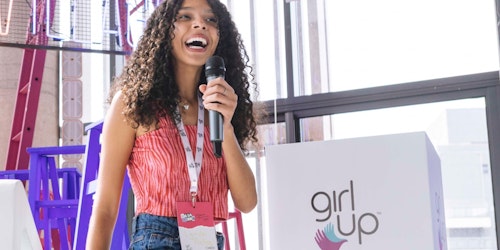Let’s be honest. Most people – especially boys and men – avoid talking about puberty and periods.
While menstruation is a natural, normal biological process and a sign of good health, periods continue to be shrouded in taboos, myths, and misconceptions. Millions of girls around the world have no idea what menstruation is, let alone how to manage their periods safely and hygienically. Negative social norms and practices result in girls being stigmatized and isolated, undermining their social status and confidence in the already turbulent times of puberty. And when it comes to period stigma, it’s typically boys and men who stigmatize periods. To end period stigma, we can’t ignore that half of the population. We need to engage boys and men. Period.
In partnership with Always – the world’s leading menstrual care brand – and Glocalities, a global research agency, we’re releasing a new report just in time for Menstrual Hygiene Day entitled “Period Stigma Around the World Today.” The findings confirm that period shame, taboos, and misinformation are still prevalent around the world and have a negative effect on young people’s confidence and self-esteem. According to those surveyed, the top three emotions young people feel when getting their first period are scared (41 percent), confused (38 percent) and embarrassed (34 percent)[i]. U.S. adults, the research shows, find periods even more difficult to talk about than sexually transmitted diseases.[ii].
From my experience, men are more open to hear about menstruation from other men. I once spoke about our work at an event of a private bank, with a room full of predominantly male millionaires in their sixties. Once I had uttered the word “periods” for the first time, the room fell dead silent. After the talk, the women in the audience told me that the men in the room would normally dismiss menstruation as a “women’s issue.” But, if the message comes from a man, they can’t. I believe that it is really important to build more male allies that can help convey the message to boys and men.
Here are some tips for everyone, including boys and men, when it comes to talking about periods:
- Bring up periods in everyday conversations with friends and family – Keep it casual. Address the subject positively. Talking about periods will normalize them.
- Use accurate words instead of euphemisms – Phrases like “aunt flow” or “shark week” can imply that a period is something to be hidden and ashamed of. Use the terms “period” or “menstruation.”
- Open up an emotional dialogue – Ask questions and listen to the feelings of those that menstruate. If you’re a parent or caregiver, don’t wait for your child’s first period to have your first personal conversation.
- Be supportive and understanding – Don’t make assumptions about how they may feel, and be careful not to tease saying things like, “Oh, it must be that time of the month!”

Take a stand against period stigma today!
This Menstrual Hygiene Day, I call on all people to add their voice to the conversation and help end period stigma by joining the Menstruation Bracelet action!
The Menstruation Bracelet is the global symbol for menstruation. By wearing the digital bracelet and posting your story or picture, you show that periods are nothing to hide! You start conversations and help to end period stigma, one picture or story at a time. Get your digital bracelet here. Don’t forget to include the MH Day hashtags: #MHDay2021 #ItsTimeForAction, and tag @Always_brand in your posts.
***
[i] SurveyMonkey, 2020. Quantitative survey of young people 13–21 yrs in Canada, UK, US. n=4,147.
[ii] Glocalities, 2020. Quantitative survey of adults 18–70 yrs in Canada, China, Russia, UK, US. n=5,139
***
Know a person who can benefit from this information? Please share this article with them using the buttons below!
